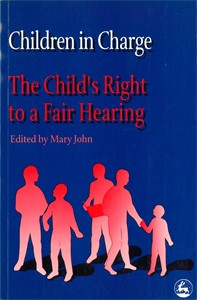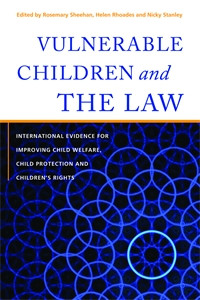This second book in this new series concentrates on the theme of providing for children in child-centred ways. It includes the philosophical background to thinking about children's rights vis-a-vis society's responsibilities and examines the effectiveness and dilemmas associated with the concept of the 'Best Interest of the Child'. Article three of the Convention of the Right of the Child states that all actions concerning children, whether undertaken by public or private social welfare organisations, courts of law, administrative authorities or legislative bodies, must hold the best interests of the child as the primary consideration. Rarely, however, does a child have a say in what those interests are.
This volume redresses the balance and looks at provision and redistribution of resources as far as possible from the child's perspective. It looks at children in very disadvantaged circumstances such as in Romania but also at some of the issues arising from developments in the `developed' world. In addition to established areas this volume looks at two new issues as they concern the rights of the young: the possibilities of the information super highway and the rights of children born as a result of reproductive technologies.







